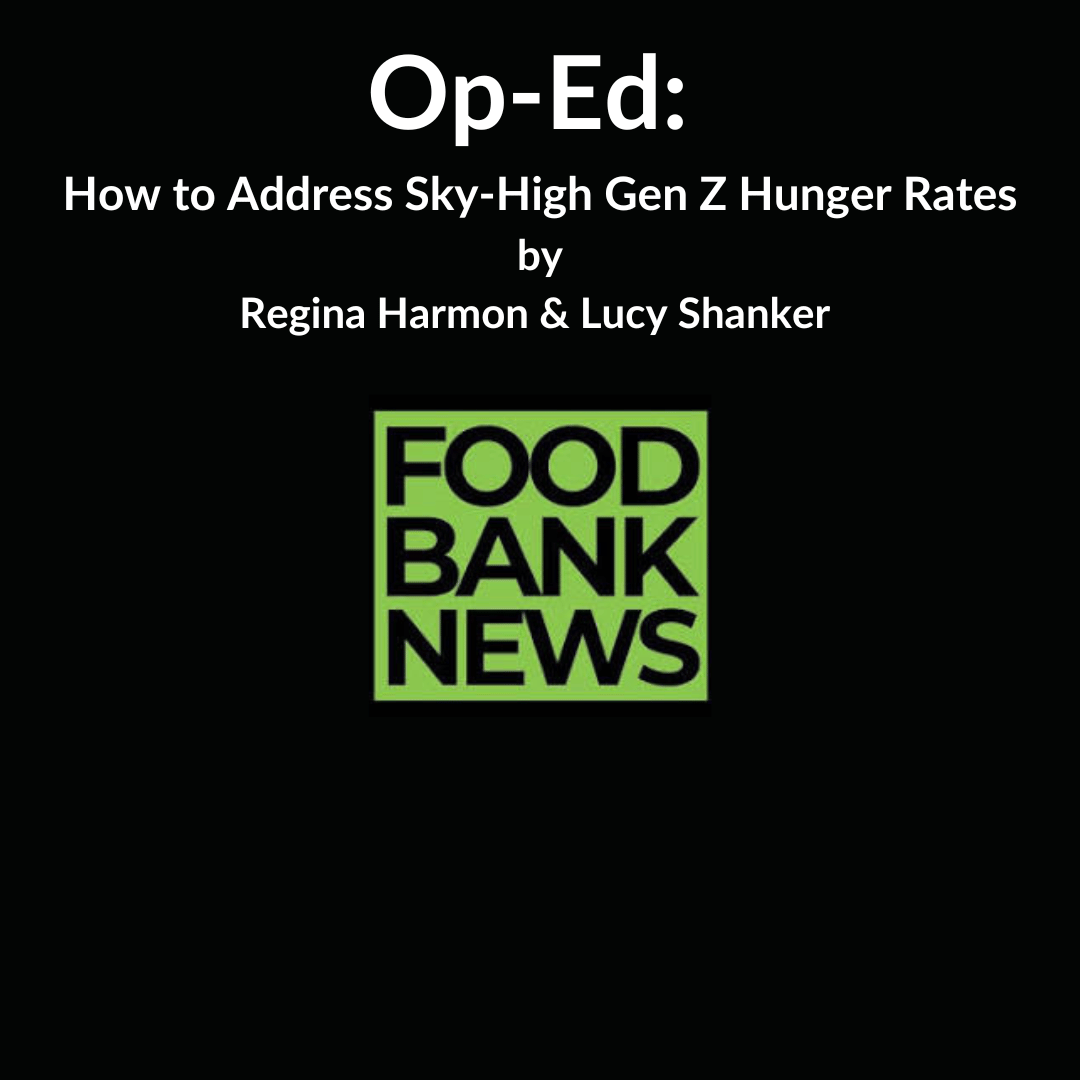by Stephen Dorsey
When you think of Las Vegas, Nevada, you may think of bright lights, bustling tourists, and people hoping to score big in the casinos. When I arrived last month, I was thinking about an amazing chance to help our hunger-fighting partners score surplus food for their programs.
Last month, Julia Gerard and I arrived in Las Vegas to support the event staff and culinary teams at the University Medical Center (UMC) Foundation: Evening of Hope Gala. The Evening Hope Gala raised funds to enhance the healing environment for the most in-need patients at UMC and UMC Children’s Hospital within the Las Vegas community. Food Recovery Network's involvement in the gala meant that the Foundation could focus on celebrating patients and donors while we ensured that any surplus food from the event was recovered!
All too often, larger events like galas, conferences, and sporting events generate an overabundance of food that is then is unnecessarily thrown away instead of going to individuals experiencing hunger. Our Food Recovery Verified (FRV) program is a great way to ensure that any event, from a conference to a fundraising gala, is sustainable by putting a food recovery plan in place for any food left over. As part of our Food Recovery Verified program, we offer full-service onsite support to events larger than 200 people to manage all of the logistics of the food recovery. From transportation to supplies, experienced FRN staff fully manage the food collection and donation process.
At the Evening of Hope Gala, Julia and I got to speak to the culinary teams about the food recovery process and creating a zero food waste event. We were inspired by how receptive and supportive all of the teams were of FRN’s mission. At the conclusion of the event, FRN staff collected and loaded surplus food from the culinary teams, and we transported a total of 117 pounds of food, equivalent to 98 meals, to the Las Vegas Rescue Mission. We are thrilled that we were able to help recover surplus food from the Evening of Hope Gala and route it to a local non-profit partner agency making a difference in the Las Vegas community.
FRN launched our FRV program as a way to help businesses create a food recovery program for your corporate dining and events and highlight your commitment to sustainability and supporting your community. Please reach out to us if you are interested in retaining our services at your event!














